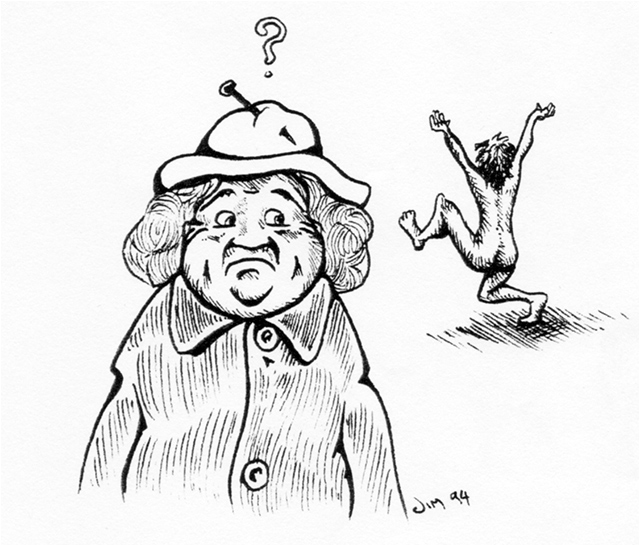General Information on Drugs
General Information on Drugs
Drugs are substances of natural or synthetic origin which can be used to alter someone’s emotional state, perception, body functioning or behavior. Antibiotics are drugs which help us to fight infections; this kind of drug is seen as positive and medically helpful. Coffee and tea contain Caffeine; use of this stimulant drug is widely accepted in society. Generally, drugs which are taken for pleasure are psychoactive, that is drugs which alter the psychological state of the user. The term “Substance Misuse” is employed to describe the use of drugs illegally, or without medical supervision. Many people who misuse drugs do so occasionally, not on a daily basis. People who are addicted to the substances that they use are in the minority. Drugs that are misused generally fall into one of the five categories below. The substances in bold print are examined in more detail in other information sheets. Please ask for these if you would like to know more.

Worried about someone’s drug use?
STIMULANTS
Substances that stimulate the Central Nervous System, including Amphetamines, Amyl Nitrite, Cocaine and Crack.
DEPRESSANTS
Substances that depress the Central Nervous System, this category includes Alcohol, Barbiturates and Benzodiazepines like Temazepam.
ANALGESICS
Powerful pain killers that may be an opium derivative or synthetically produced. Includes Morphine, Diamorphine (Heroin), Methadone, Pethidine and Buprenorphine (Temgesic).
HALLUCINOGENS
Substances that alter perception, hallucinogens have also been known as Psychedelics. This category includes LSD, Psilocybin (Magic Mushrooms), Cannabis and Ecstasy, a hallucinogenic stimulant.
MIXED EFFECT SUBSTANCES
Most substances actually have a variety of effects. Some substances are difficult to place in one of the above categories, for example Solvents, Propellants (in aerosols), and GHB. These substances will generally either stimulate or depress the activity of the Central Nervous System, and will also have some hallucinogenic affect.
Myths about Drug Use
The media often ignore issues regarding drugs and their users, or report stories using stereotypical images of the “drug addict”. Many aspects of the government’s campaigns to help people avoid trouble with drugs centre around fear (“Heroin screws you up”) rather than education. This can make it very difficult to engage in open and honest discussion about drug issues, and has led to mistaken beliefs and misinformation circulating within society. Some common myths are “smoking Cannabis leads to Heroin addiction”, “if you smoke free based Cocaine (Crack) once you are hooked”, “everybody at raves uses Ecstasy”, that “outside every school gate there is a drug “pusher””. All of these statements are false, and have grown from fear and misconception, and a lack of freely available information about drugs and their use in society. All the drugs listed above either currently or at some time have been used therapeutically, within the medical field. For many people who use drugs illegally, the drugs they buy are the medication that makes them feel better, and they will continue to use drugs until they discover other ways of taking control of their lives.
Why Use Drugs?
As said before, the drugs that are used in a non-medical setting are generally psychoactive, substances which can affect the psychological state of the user. The first time that someone uses a drug, they do not know what the substance will do, how they will feel or what changes there will be to their perception, and the experience will be guided by what the person believes will happen whilst affected. A lot will depend on the user’s emotional state, the environment that they are in and who they are with. Contrary to popular belief, the initial use of any substance is not always an enjoyable experience, and can be the only time that a person uses that drug. If someone continues to use, it is because they have made a decision that what the drug had to offer them was an experience which they interpreted as “good“. Everybody’s experience of a drug is different; there are similarities and recognizable aspects of each experience, but the perceptual changes that happen are individual.
